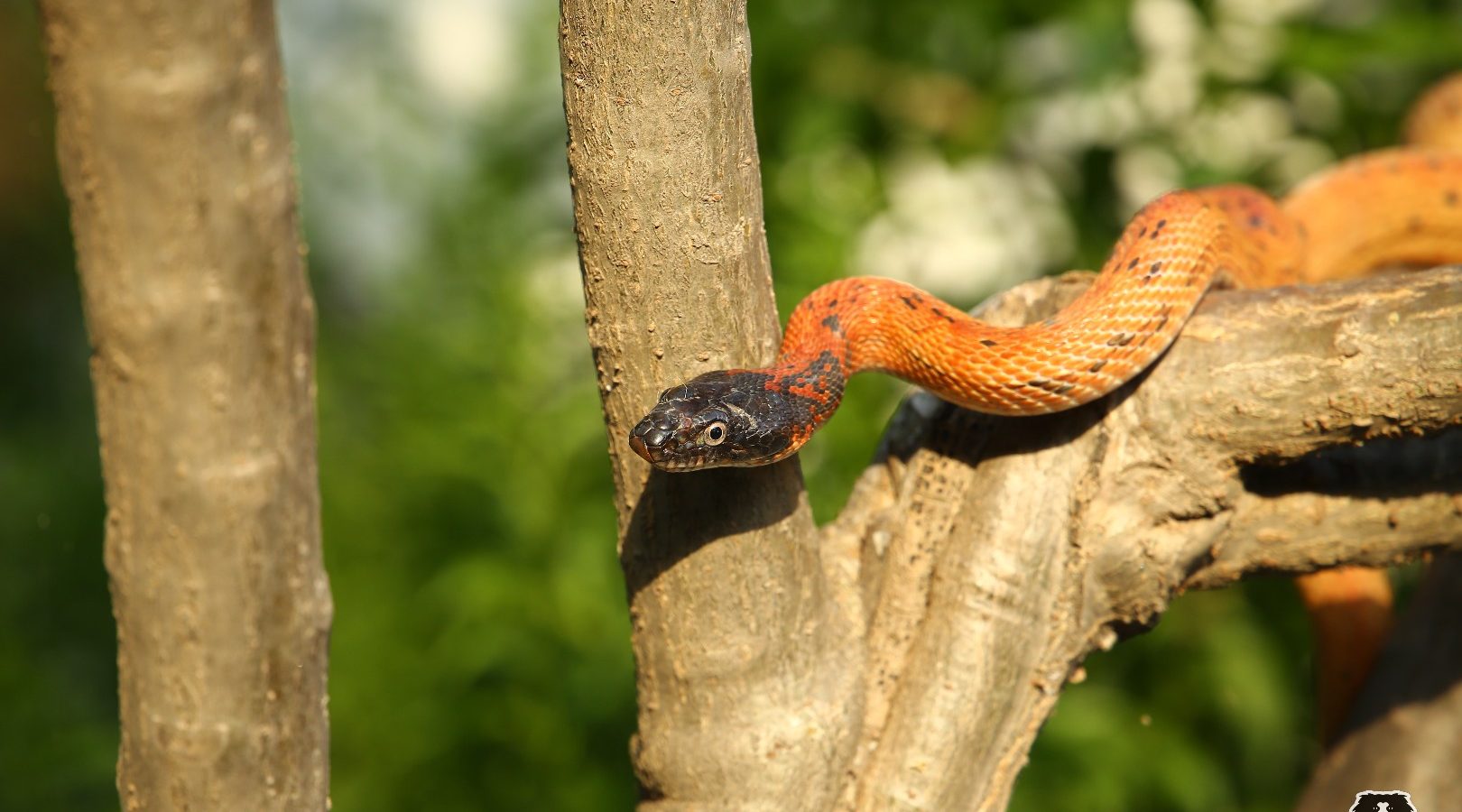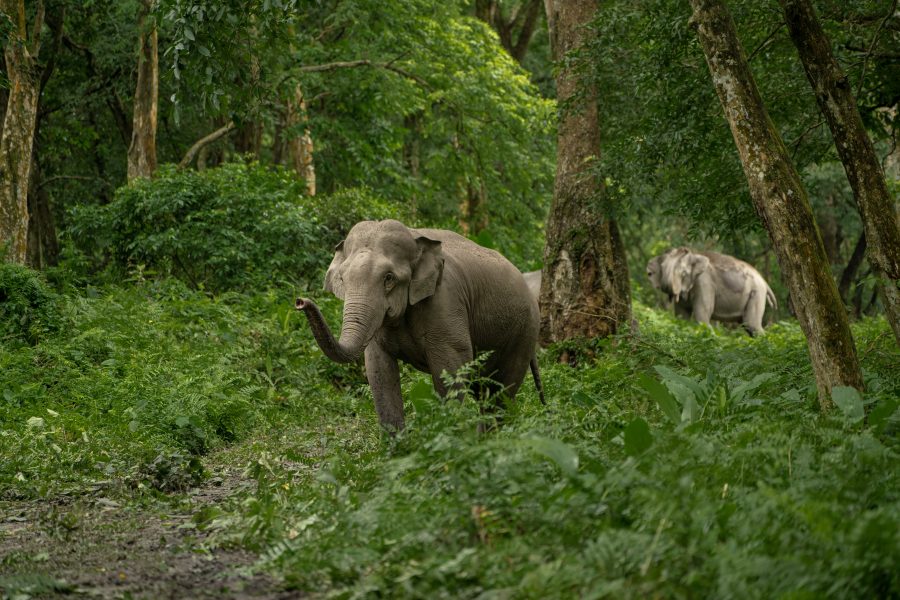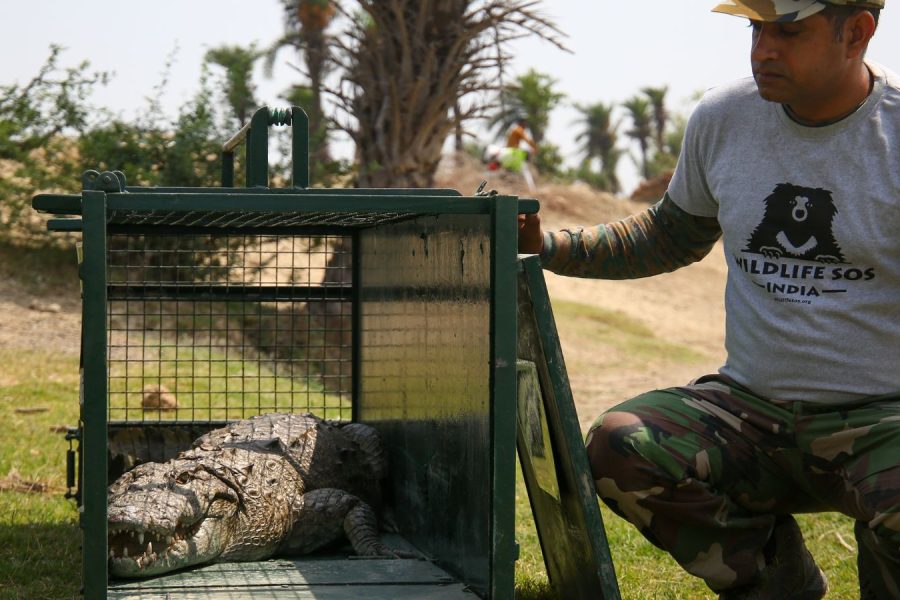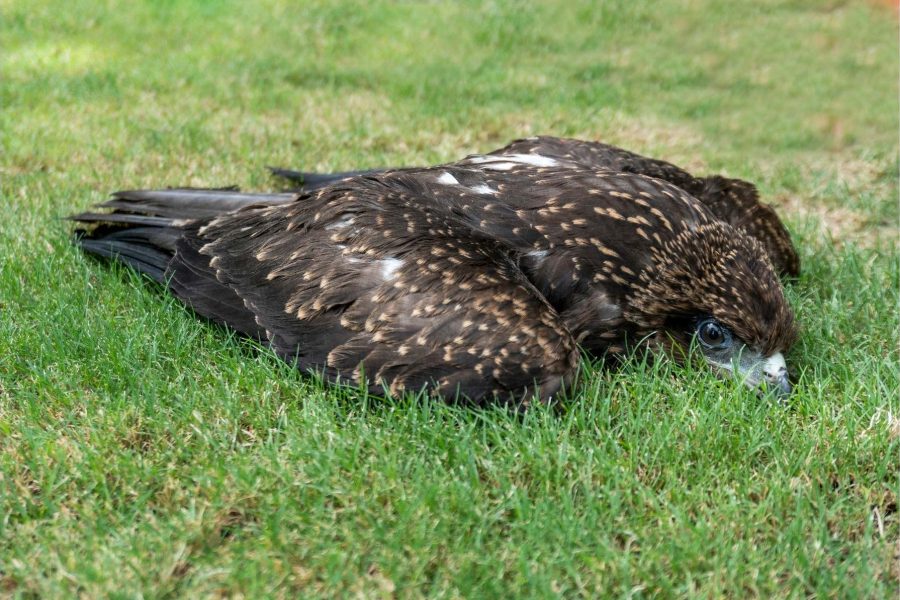Sighting a snake can be the most exhilarating experience for some people and one of the most frightening for others. They are found on every continent in the world, except Antarctica; so the chances of running into one could be high. According to a WHO report, 5.4 million people bitten each year around the world.
Around 3000 species of snakes have been discovered till date of which only 20 percent (~600 species) are venomous and only 7 percent (~200 species) of these snakes can kill a human. India has more than 270 species of snakes, out of which around 60 species are venomous. The most common venomous snakes in India, the “Big Four” – Spectacled Cobra (Naja naja), Saw-scaled Viper (Echis carinatus), Russell’s Viper (Daboia russelii) and Common Krait (Bungarus caeruleus) are capable of causing severe envenomings (poisoning from snake bites).
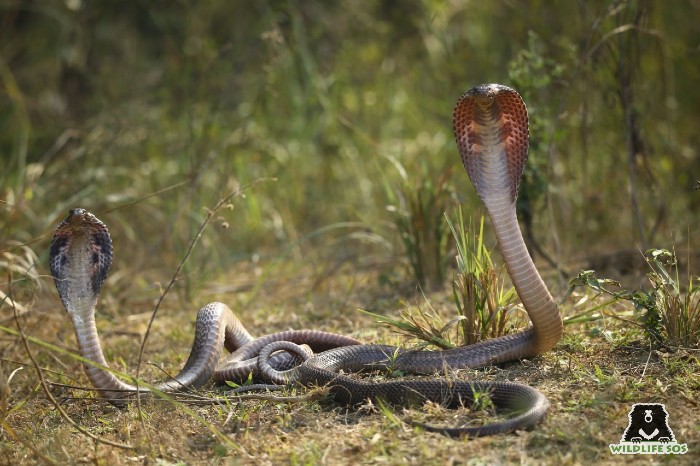
Snake venom is broadly classified into three categories: Neurotoxic, Hemotoxic & Cytotoxic venom. Many venomous snakes have a combination of venoms, not one single type. Neurotoxic venom impacts the nervous system, and the brain, whereas, Hemotoxic venom affects the cardiovascular system, disrupts blood clotting, and/or causes organ degeneration and generalized tissue damage. Cytotoxic venom works on a molecular level by destroying the cell tissue, leading to extreme pain.
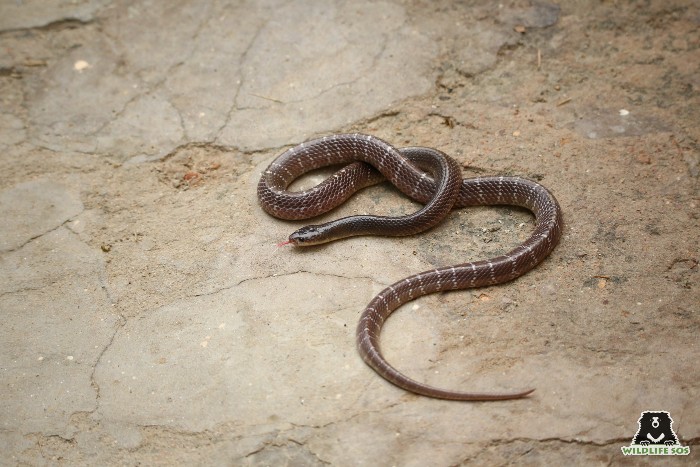
With habitats shrinking every day due to developmental activities, deforestation and an excessive human population in India, a study recently revealed more than one million Indians have succumbed to snake bites in the last two decades. Most of these incidents are reported from densely populated agricultural regions of the country like Bihar, Jharkhand, Madhya Pradesh, Odisha, Uttar Pradesh, Andhra Pradesh, Telangana, Rajasthan and Gujarat. Other factors such as lack of wildlife corridors, loss of natural habitat and and lack of awareness about snakes directly result to conflict situations.
Snake bites could cause death, paralysis, internal bleeding, heart, respiratory and kidney failure. Hence, being prepared in the case of a snake bite can prove vital.
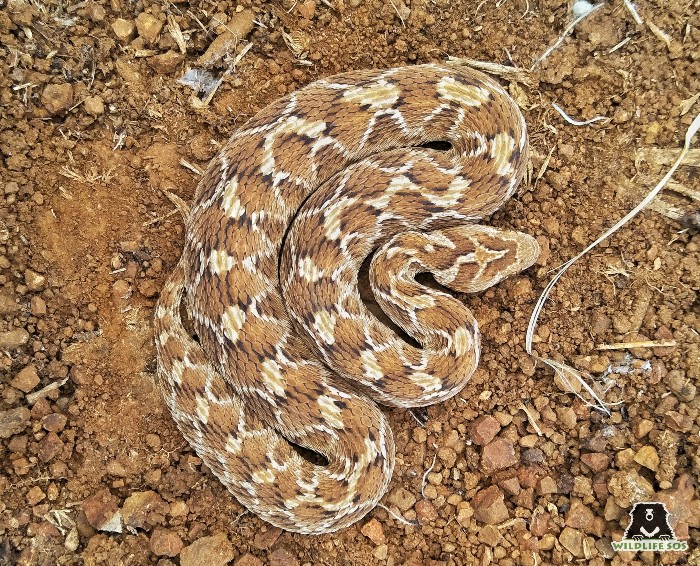
Precautions to Avoid Snake Bites
- Protective gear: Wearing rubber boots and gloves while out in snake habitats could prove useful
- Flashlight: Rechargeable torches could help you see better during night time
- Avoid dark corners: Snakes seek out shady or dark places where they can rest and cool down
- Know your snake prone area: Find out more about your local snake species and about the habitats they prefer
- Do not disturb a snake: Snakes do not bother anyone if left alone
- Do not imitate TV shows: Handling snakes takes immense practice and skill, which is not always portrayed on television
Basic Steps to be taken in case of a bite
- Go to the nearest hospital as all government hospitals possess anti-venom (for all the Big 4 venomous snake species found in India)
- Apply a bandage on the bite site covering the bite and the area around it
- The bandage should not be tight
- Avoid unnecessary and sharp movements
- Place a splint while bandaging, to avoid joint movements
- Walking or running is not advisable
- In case of a bite on the hand, bandage the arm and put in a sling from the shoulder
What not to do after a snake bite
- Panicking during such times would make matters worse
- Do not make any cut, scratch or incision, leave the bite alone
- Do not suck the wound, it is a myth and medically not advisable
- Do not apply an ice pack to the bitten area
- Do not use a tight bandage or tourniquet
- Alcohol, herbal medicine or aspirin are not medically-proven antidotes
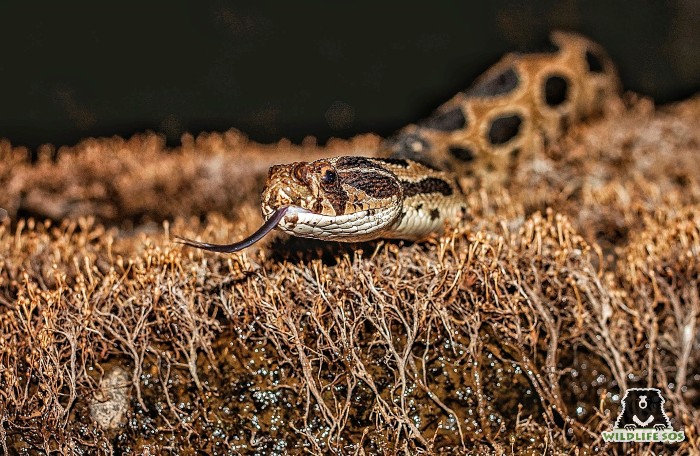
Things to remember
- A snake bites when they feel threatened: Leave the snake alone and maintain safe distance until professional rescuers reach the location
- Many of the bites are by accident: Snakes do not intend to attack, chances of a bite are accidental and/or if provoked
- No snake bites in revenge and follows you: Snakes do not have the memory to recognise or remember anyone
- People are duped into believing tantrics/local medics who recommend magic to heal snake bites etc, this is not true
Respite lies with Anti-venoms. Although India has 60 types of snakes, we only have one type of anti-venom i.e. the polyvalent snake anti-venom. However, a study recently revealed that more research needs to be done on snake anti-venoms. Additionally, it is always in best interest if you stay informed about snake avoidance behaviours. Wildlife SOS conducts regular awareness and capacity-building workshops to raise awareness on co-existence with snakes.
If you spot a snake in your locality, please be mindful of the above-listed precautions and reach out to the Wildlife SOS Rescue hotlines operating out of Delhi-NCR (+91 9871963535), Mathura and Agra (+91 9917109666) as well as Vadodara (+91-9825011117). In all other cases, you may immediately reach out to your State Forest Department for guidance.

